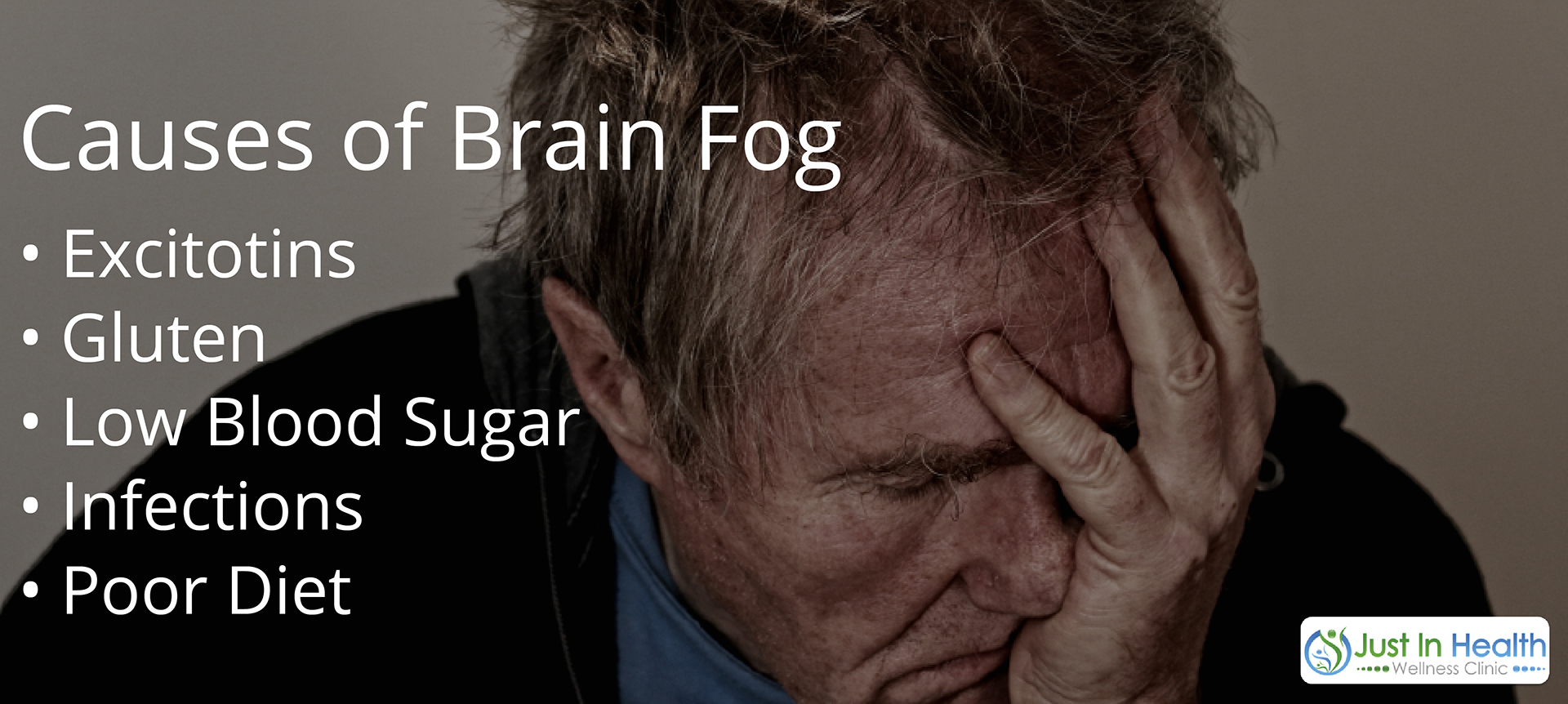
When you’re feeling foggy, unfocused, disorganized, and like you just can’t think, your brain is sending an important signal that there’s an imbalance in your life that needs to be addressed. But, even though many people experience it, brain fog is by no means normal.In fact, it is avoidable and 100% treatable. In this 8-part series, you’ll learn the main causes of brain fog and what you can do to get rid of that hazy feeling once and for all. You know that feeling of confusion, forgetfulness, and lack of focus you have every so often? Although “brain fog” is not a medically recognized term, it’s a common feeling that many people suffer with. Loretta T Friedman, RN,MS,DC,CCN,CNS,DACBN,DCBCN Food allergy induces alteration in brain inflammatory status and cognitive impairments.8 Ways To Eliminate Your Brain Fog Once And For All The impact of stress on body function: A review. Chronic fatigue syndrome: progress and possibilities. Effects of vitamin B12 supplementation on cognitive function, depressive symptoms, and fatigue: A systematic review, meta-analysis, and meta-regression. Lupus brain fog: A biologic perspective on cognitive impairment,ĭepression, and fatigue in systemic lupus erythematosus. Fibrofog and fibromyalgia: A narrative review and implications for clinical practice. Cognition, mood and sleep in menopausal transition: The role of menopause hormone therapy. Doxorubicin chemotherapy-induced "chemo-brain": Meta-analysis. Hormonal influences on cognitive function. You can learn more about how we ensure our content is accurate and current by reading our editorial policy. Healthline has strict sourcing guidelines and relies on peer-reviewed studies, academic research institutions, and medical associations. If you need help finding a primary care doctor, then check out our FindCare tool here. Keeping a food journal can help you determine if your diet contributes to brain fog. The doctor may also conduct allergy testing or a sleep study to check for a sleep disorder. Other diagnostic tools may include imaging tests to look inside the body, like X-rays, magnetic resonance imaging (MRI), or computerized tomography (CT) scans.

poor liver, kidney, and thyroid functionīased on the results, your doctor will determine whether to investigate further.For example, someone with hypothyroidism may have brain fog along with hair loss, dry skin, weight gain, or brittle nails.īlood work can help your doctor identify the cause of brain fog. You should let your doctor know about other symptoms you might have.

Brain fog may signal an underlying issue, so a doctor will conduct a physical examination and ask about your: Talk with a doctor if you have a persistent lack of clarity that worsens or does not improve.Ī single test cannot be used by a doctor diagnose brain fog.

autoimmune diseases, like lupus, arthritis, and multiple sclerosis.Other conditions that may cause brain fog include: People who have fibromyalgia may experience similar fogginess on a daily basis, according to a 2015 research review. For example, brain fog is a symptom of chronic fatigue syndrome, which involves persistent fatigue for a prolonged period of time, according to 2020 research. Medical conditions associated with inflammation, fatigue, or changes in blood glucose level can also cause mental fatigue. Lowering your dosage or switching to another drug may improve your symptoms.īrain fog can also occur after cancer treatments. Brain fog may be a known side effect of these medications, according to 2021 research. If you notice brain fog while taking medication, talk with your doctor. Removing trigger foods from your diet may improve symptoms. If you have food allergies or sensitivities, brain fog may develop after eating certain foods. Vitamin B12 supports healthy brain function, and a vitamin B12 deficiency can bring about brain fog, according to a 2021 research review.

Dietĭiet can also play a role in brain fog. Similarly, a drop in estrogen levels during menopause can cause forgetfulness, poor concentration, and cloudy thinking, according to 2019 research. This change can affect memory and cause short-term cognitive impairment. Levels of the hormones progesterone and estrogen increase during pregnancy. Hormonal changes can also trigger brain fog, according to 2018 research. Sleeping too little can lead to poor concentration and cloudy thoughts. Poor sleep quality can interfere with how well your brain functions, according to 2021 research. When your brain is exhausted, it becomes harder to think, reason, and focus. StressĬhronic stress can increase blood pressure, weaken the immune system, and trigger depression, according to 2017 research. Once you identify the underlying cause, you can begin fixing the problem. There are several explanations for why brain fog happens.


 0 kommentar(er)
0 kommentar(er)
